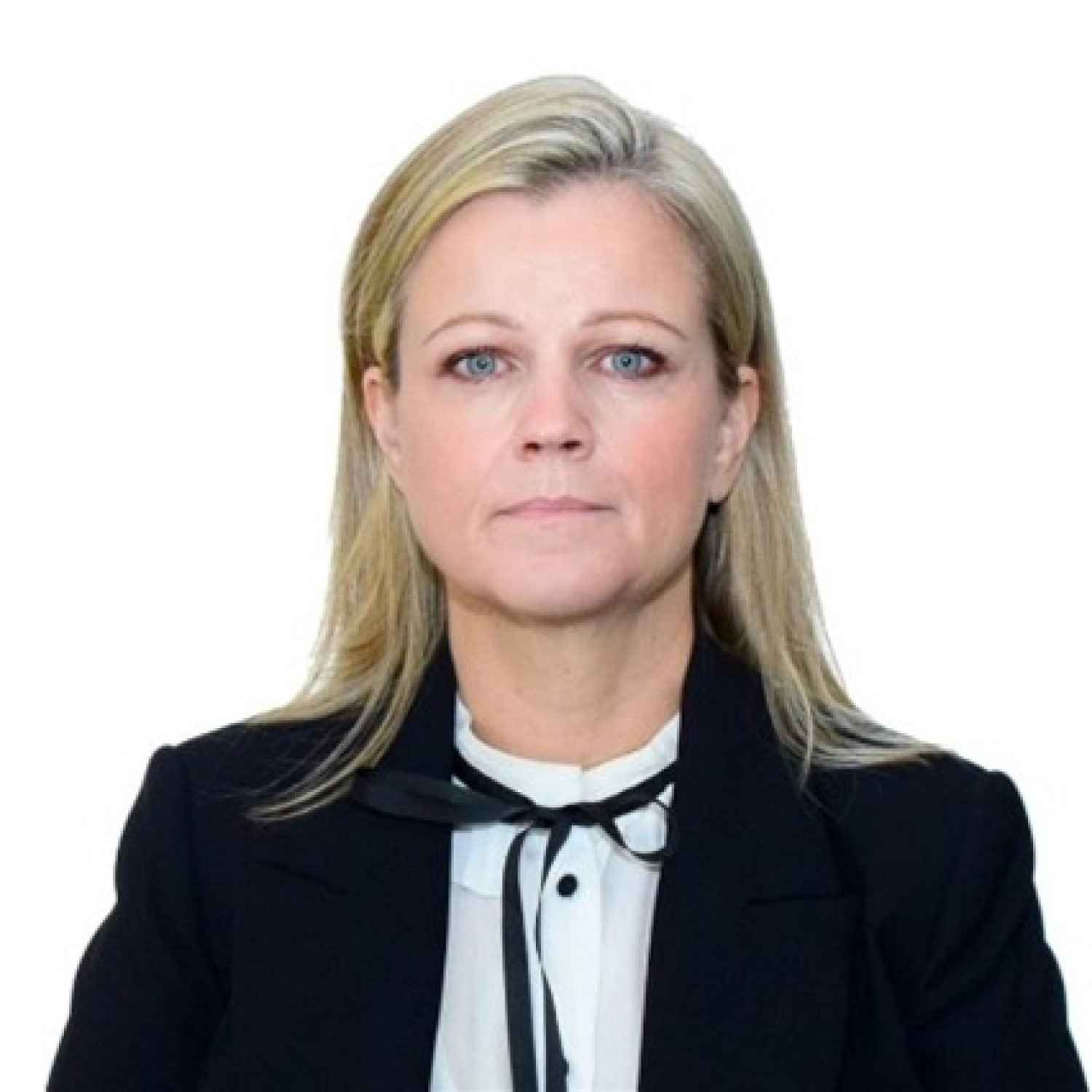
Workshop 8: Best Practices in Investigations: Retaliation and Malicious Complaints
Workshop 8 aims to introduce advanced and proactive investigative approaches to distinguish legitimate disclosures from malicious reports, detect both overt and covert retaliation (including digital forms), and strengthen institutional capacity to safeguard reporting systems. Participants will leave with tools and methods they can immediately apply to assess, investigate, and prevent both retaliation and abuse of complaint channels.

Xuan Gao (AIIB)
Xuan Gao is Principal Ethics Officer with the Asian Infrastructure Investment Bank (AIIB). Prior to that, Xuan served the legal functions of FAO, AIIB, IFAD, EBRD, INTERPOL and the central bank of China in different positions from 1999. He has published some twenty books and articles on international law and governance with Oxford, Brill and Kluwer and has been the Deputy Editor-in-Chief of the Manchester Journal of International Economic Law since 2011. He is an accredited arbitrator with Shanghai Arbitration Court.
Xuan studied economics at Peking Uni, and law at CUPL (LLB), Manchester (LLM and PhD) and Oxford (MSt).

Rachel Cocker (ADB)
Rachel is an investigation specialist with over a decade of experience in criminal, integrity and misconduct investigations. She currently serves in the Office of Anticorruption and Integrity at the Asian Development Bank (ADB), where she is part of the Internal Investigations Team responsible for handling complex cases involving staff misconduct and integrity violations.
Prior to joining ADB, Rachel held investigative roles in the United Kingdom, including with the Independent Police Complaints Commission in London, where she investigated criminal and misconduct allegations involving police officers. She also worked with the Financial Ombudsman Service, investigating misconduct matters.
Her cross-sector experience spans law enforcement, financial oversight, and international development, bringing a unique and rigorous approach to institutional integrity.

Meaghan Burton (UN OIOS)
Meaghan is a senior investigator with the Investigations Division, OIOS. She is the Chief of the Division’s Operational Standards and Support section which has responsibilities for policy, procedure and quality assurance functions in respect of OIOS’ administrative investigations. She is also responsible for managing investigations into requests for protection against retaliation. She has demonstrated experience in investigating senior officials in respect of complaints of harassment and abuse of authority. Meaghan regularly delivers training to qualify lay-staff members to conduct investigations into such claims. In addition to complaints relating to whistleblowers, Meaghan’s work also focuses on the investigation of sexual harassment complaints and in strengthening the Organization’s victim centered approach to investigations.

Katherine Delikoura (CEB)
Katherine Delikoura is a C-level Risk, Compliance and Investigations Head with managerial experience in banking for over 20 years; currently she is the Chief Compliance Officer and Principal Investigator of Council of Europe Development Bank (CEB) a Multilateral Development Bank (MDB) with a strong social mandate active in project financing primarily in the public sector. She is member of the general management, risk & finance and project finance Committees at the CEB, an MDB focused on social, environmental and viable job creation project financing, with 43 member countries.
Her expertise unfolds in risk management, regulatory compliance and investigations; Katherine holds an MBA degree and a Bachelor in Law and Economics, bar licensed. Before joining the CEB she was Group International Chief Risk Officer in regional Banking Groups active in in CEE & SEE, representative in international fora and the “EBCI Vienna Initiative”, BoD member and chairwoman of risk and compliance committees in CEE & SEE subsidiary Banks. She has bilingual proficiency in English and French and a very good knowledge of Italian and Spanish. She is the winner of the world-wide award ‘Woman Chief Compliance Officer of the Year 2019, Small Medium Companies” for private sector companies and international financial institutions.

